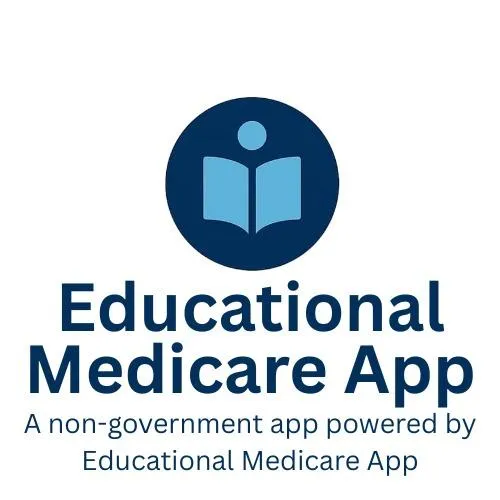Still Working at 65? Here's What to Know
Turning 65 and still employed? Wondering whether you need to sign up for Medicare? It depends on two big factors: your employer’s size and whether your coverage is creditable.
1. What is Creditable Coverage?
If your employer plan is expected to pay at least as much as Medicare Parts B or D, it’s considered creditable. Ask HR for the annual Notice of Creditable Coverage — you’ll need this to avoid penalties later.
🔗 Notice of Creditable Coverage – Medicare.gov
2. Large Employer vs. Small Employer
If your employer has 20 or more employees:
- Your employer plan pays first — Medicare pays second.
- You can safely delay Parts B and D without penalty — if your coverage is creditable.
If your employer has fewer than 20 employees:
- Medicare pays first — your employer plan is secondary.
- You should enroll in Parts A and B at 65 to avoid coverage gaps.
🔗 How Medicare works with other insurance – Medicare.gov
3. Should You Sign Up for Part A?
Part A covers hospital stays and is usually free if you or your spouse paid Medicare taxes for 10+ years. Even if you’re working, it's smart to enroll at 65.
🔗 Part A coverage details – Medicare.gov
4. Delaying Parts B & D — With Caution
If your employer coverage is creditable, you may delay Part B (doctor visits) and Part D (drugs) without penalties. But if it's not creditable, late penalties can last a lifetime:
- Part B: 10% penalty per year delayed
- Part D: 1% per month without coverage
🔗 Avoid Medicare penalties – Medicare.gov
5. What You Should Do Now
- Ask HR/benefits for the written Notice of Creditable Coverage
- Confirm your employer’s size and how that affects primary coverage
- Enroll in Part A at 65
- Only delay Part B and D if coverage is creditable
📬 Need Help Deciding?
Tap “Contact Us” or “Virtual Appointment” to connect with a licensed Medicare advisor. We'll walk you through your situation and help you avoid costly mistakes.
This content is educational only and not affiliated with the U.S. government or CMS.
